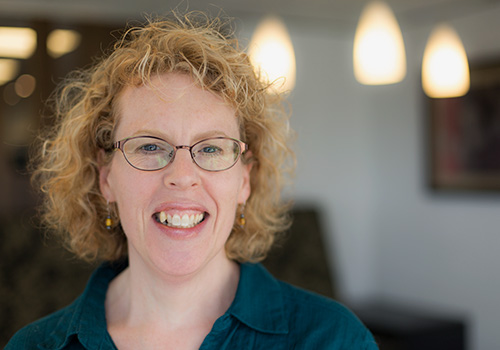About us
Improve wellbeing through behavior change
Our mission is to increase the use and success of health improvement programs so that people can live healthier lives. We are committed to intellectual honesty, research integrity and scientific excellence in our work.
OCWR advances the science of behavior change. We conduct rigorous scientific research and translate the results into evidence-based products and services.
Our team of highly trained scientists and research staff has expertise in clinical and behavioral research, program design and development, and program evaluation.
We conduct studies funded by the National Cancer Institute, the National Institute of Drug Abuse and the American Cancer Society. We have also completed projects funded by the CDC Office of Smoking and Health, and state departments of health.
Federal Financial Conflict of Interest Policy
Our researchers
Our history
Twenty years of federally-funded research
Formerly part of Alere Wellbeing, Free and Clear, and the Center for Health Promotion, OCWR has been conducting research on tobacco cessation and other health behaviors since the 1990s.
In 2001, the department was formally established to conduct public domain research and program evaluations. In 2015, the research team was acquired by Optum, and our name changed to OCWR. To date, we have participated in more than 30 clinical trials and contributed to more than 200 peer-reviewed scientific publications.
Our early studies showed that phone-based tobacco cessation counseling is an effective treatment and that five counseling calls are more effective than fewer. Another hallmark study showed that combination nicotine replacement (the patch plus gum or lozenges) is the best practice for smoking cessation. This is now the standard of care in many programs and services.

200+ publications
and 30+ federally-funded studies

15+ university collaborations
and NIH/CDC funding

Behavior change research
in a real-world setting
Clinical trials with academic partners
OCWR is dedicated to achieving innovation through rigorous, systematic research investigation. We translate and test evidence-based interventions in a real world setting.
We collaborate with researchers from academic settings to develop research plans, write grants and conduct clinical trials. We partner with states to recruit from publicly funded quitlines, helping populations with high tobacco use, poor cessation rates and health disparities.


Our accomplishments
Our current studies focus on tailored interventions for populations with health disparities such as low-income smokers, African American smokers and smokers with psychiatric comorbidities. We also have two cutting-edge grants to study e-cigarettes in the context of tobacco quitlines.
As we look ahead to the future, we invite inquiries from potential collaborators. We are interested in questions regarding digital interventions, tobacco use comorbidities, new tobacco products and ways to engage people in treatment.



